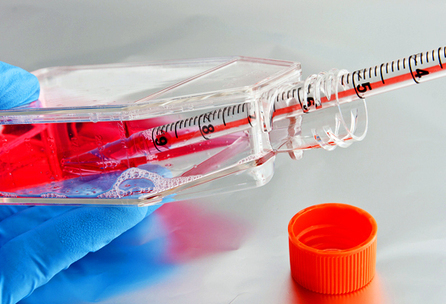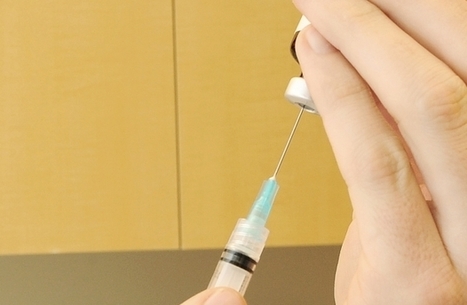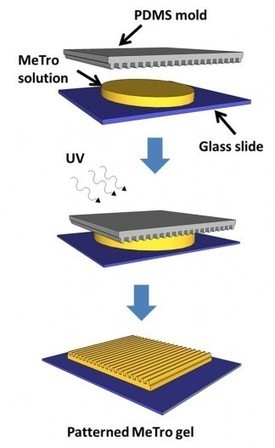L-carnitine significantly improves cardiac health in patients after a heart attack, say a multicenter team of investigators in a study published today in Mayo Clinic Proceedings. Their findings, based on analysis of key controlled trials, associate L-carnitine with significant reduction in death from all causes and a highly significant reduction in ventricular arrhythmias and anginal attacks following a heart attack, compared with placebo or control.



 Your new post is loading...
Your new post is loading...















